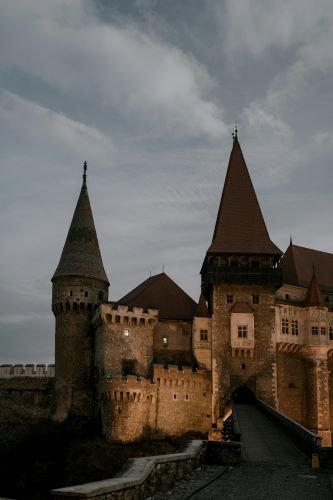
Moving abroad is a significant decision, and when considering a destination, Romania often appears as an attractive option due to its low cost of living and beautiful landscapes. However, before you pack your bags and book your flight, it’s crucial to understand the hidden realities of life in Romania. In this blog, we’ll explore facts about Romania that aren’t often discussed but are essential for anyone considering a move. Let’s dive into the realities, and you may want to reconsider your decision after reading this.
1. The Cost of Living May Not Be as Low as You Think
Living in Romania might seem inexpensive on paper, but there are some hidden costs you should be aware of.
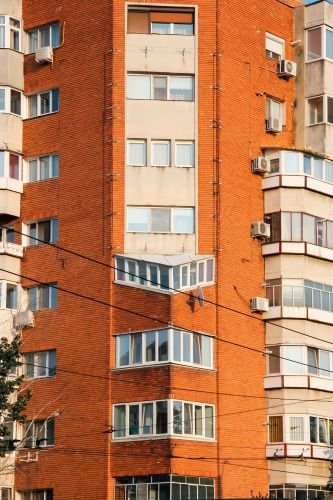
a) Rent Isn’t Always Cheap
While rent is lower than in Western Europe, the cost can still be surprisingly high in major cities like Bucharest. Prices for apartments can skyrocket in the more desirable neighborhoods, leaving expats with fewer affordable options.

b) Utilities Can Be Expensive
In addition to rent, the costs for utilities like heating, electricity, and water can be substantial. Winters in Romania can be harsh, and the cost of heating during the cold months can quickly add up. Learn more about managing utility bills in Romania in our related post.

c) Grocery Prices Are Rising
Though groceries may seem affordable at first, recent inflation in Romania has caused an increase in prices. The cost of living has been steadily climbing, making it harder for expats to live on a budget. Check out our guide to budget-friendly living in Romania for tips on managing costs.
2. The Job Market Might Be More Challenging Than Expected
Romania’s job market can be tough for foreigners, especially if you don’t speak the language.

a) Language Barrier
While many Romanians speak English, especially in larger cities, the language barrier remains a significant obstacle. Many employers prefer candidates who are fluent in Romanian, limiting job opportunities for non-speakers. Read more on how to learn Romanian quickly.

b) High Competition
There are a limited number of high-paying jobs in Romania. As a result, competition is fierce, especially for skilled positions. Expats might find themselves competing with local talent who understand the culture and the language. Explore the best industries for expats in Romania in our detailed analysis.
c) Underpaid Jobs

Although Romania has a growing tech industry, many other sectors still offer wages lower than what you might expect. So, even if you land a job, you may find the pay doesn’t match the cost of living. We’ve also written a post about how to negotiate your salary in Romania.
3. Bureaucracy Can Be Overwhelming
Romania’s bureaucracy is one of the least discussed but most frustrating realities.

a) Lengthy Administrative Processes
Dealing with government paperwork is often tedious and time-consuming. From obtaining a residence permit to registering your car, the administrative process in Romania can be daunting for newcomers. For tips on navigating the bureaucracy, check out our expat guide to Romania’s residency requirements.
b) Corruption is Still Present
Corruption, while reduced in recent years, is still an issue in many aspects of Romanian life. Bribery and favoritism can be barriers to accessing services or opportunities, making it frustrating for expats to navigate.
c) Inconsistent Regulations
In Romania, regulations are often enforced inconsistently, which can lead to confusion. Rules may vary from city to city, and even within the same city, making it difficult for foreigners to understand how things work. Learn about how to deal with bureaucracy in Romania.
4. Cultural Shock is Real

Adjusting to life in Romania can be more challenging than expected due to cultural differences.
a) Conservative Society
Romania is a country with deeply rooted traditions and values. Depending on where you come from, you might find the society a bit conservative, especially in smaller towns or rural areas.

b) Social Expectations
Romanian society expects newcomers to adapt quickly, and some people may not be as patient with foreigners as you’d hope. This can make integration into the community challenging, especially for those unfamiliar with Eastern European cultures.
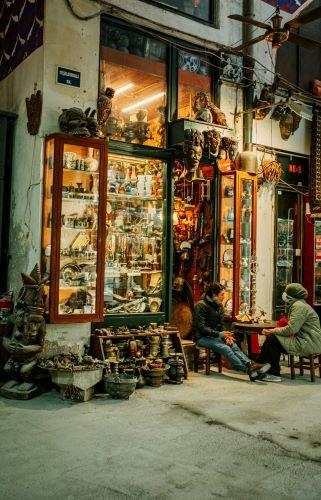
c) Different Work Culture
The work culture in Romania is typically more hierarchical, with less emphasis on work-life balance than in Western countries. This can be difficult to adjust to, especially for those who come from more egalitarian work environments.
5. Health Care May Not Be up to International Standards
Romania’s health care system has its flaws, which are important to consider before moving.

a) Outdated Facilities
Although Romania has improved its healthcare system in recent years, many hospitals still have outdated equipment and facilities. Medical care may not meet the standards you are used to back home.

b) Access to Health Insurance
While public health insurance is available, many expats opt for private health insurance to ensure better care. However, this can be an added expense, and access to quality healthcare may still be limited in rural areas. For more on healthcare, check out our article on choosing the best health insurance in Romania.
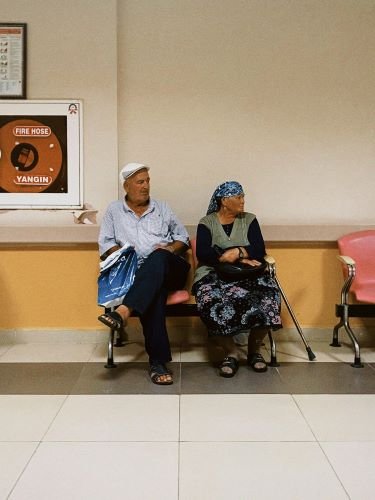
c) Long Wait Times
Due to the overcrowding of healthcare facilities, waiting times for treatments or doctor appointments can be excessively long, even for non-emergency situations. We’ve covered how to navigate Romania’s healthcare system in another post.
6. Public Transportation Isn’t Always Reliable
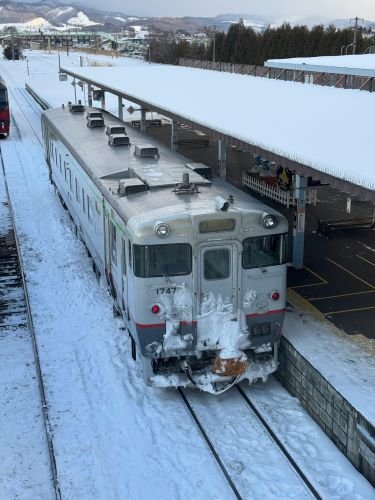
Though Romania’s public transportation network is relatively extensive, it may not always meet your expectations.
a) Unreliable Schedules
Public transportation, especially in cities like Bucharest, is often delayed or overcrowded. Trains and buses may not run on time, making it difficult to rely on public transport for daily commuting.
b) Poor Maintenance
Public transportation vehicles can sometimes be old and poorly maintained. Broken down buses or metro lines can cause frustration, especially if you’re in a hurry.
c) Limited Coverage in Rural Areas
Outside major cities, public transportation can be sparse, making it challenging to get around if you live in a more remote area.
7. Weather Can Be Extremes
Romania’s weather can be unpredictable and harsh, particularly in winter.

a) Cold Winters
The winters in Romania are long and cold, especially in the northern regions. Snowstorms and freezing temperatures are common, which can make daily life challenging if you’re not prepared.

b) Hot Summers
Romanian summers can be unbearably hot, especially in southern regions. The scorching heat can take a toll on your health, and air conditioning may not always be available or affordable.

c) Limited Sunshine
While Romania does enjoy four distinct seasons, many expats find the long, dreary winters and lack of sunshine to be a significant drawback.
8. Romanian Infrastructure is Still Developing
While Romania has made progress, some infrastructure issues still persist.

a) Road Conditions
In rural areas, roads can be poorly maintained, making travel difficult. Although cities like Bucharest have better infrastructure, many regions are still lacking in modern road systems. Check out our guide on navigating Romania’s road conditions.
b) Internet Speeds May Vary
Romania boasts one of the fastest internet speeds in Europe, but the quality of service can be inconsistent, especially in remote areas. Urban centers are well-connected, but rural areas may have slower internet connections.
c) Public Facilities Lack Modernization
Public spaces like parks, public restrooms, and other facilities often lack proper maintenance. This can be disappointing, especially if you’re used to higher standards in other countries.
9. The Social Scene May Be Limiting
While Romania has a growing expat community, the social scene may not be as vibrant as you expect.

a) Limited Nightlife Options
While cities like Bucharest offer nightlife, it’s not as diverse or vibrant as other European capitals. Depending on your preferences, you may find the nightlife scene a bit limited.
b) Social Exclusion
As an expat, you might feel somewhat excluded from local social circles, especially if you’re not fluent in the language or familiar with Romanian customs.
c) Limited International Communities
While there are expat communities, they are not as large or diverse as in some other European countries, which can lead to feelings of isolation.
10. Legal and Political Instability
Romania, like many countries, faces occasional political instability, which may affect expats.

a) Frequent Political Protests
Romania has seen several political protests in recent years, driven by dissatisfaction with the government. This can disrupt daily life and create an uneasy environment for expats.

b) Changes in Immigration Laws
Immigration policies in Romania can change unexpectedly, making it challenging for expats to plan long-term. Visa regulations can be strict and complicated, with no guarantee of permanent residency.

c) Political Corruption
Romania has faced issues with corruption in the political system, which can influence many aspects of daily life, from business dealings to personal interactions. Learn more about Romania’s political climate in our related post.
Conclusion: Weighing the Hidden Realities of Romania
In conclusion, while Romania offers some attractive benefits, such as its rich history and natural beauty, it’s important to be aware of the facts about Romania that aren’t always discussed. From the challenges of the job market to the unpredictability of the weather, living in Romania may not be the ideal choice for everyone. Before you make the big move, carefully consider these hidden realities to ensure that Romania is truly the right destination for your future.
Useful External Links
- Expatica’s Guide to Living in Romania
- Romania’s Official Government Website
- How to Apply for a Romanian Visa
- Romanian Healthcare System – Expatriates
- Romania’s Job Market and Working Conditions
- Romania’s Bureaucracy and Immigration Policies
These resources will provide you with more in-depth information and support on various aspects of expat life in Romania.




